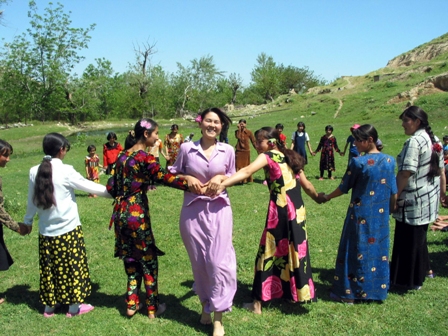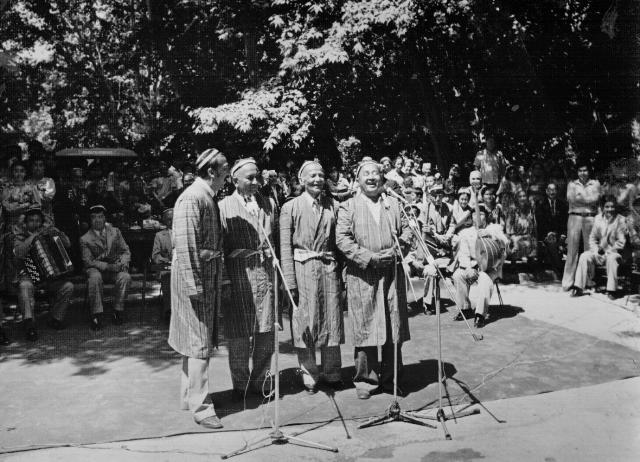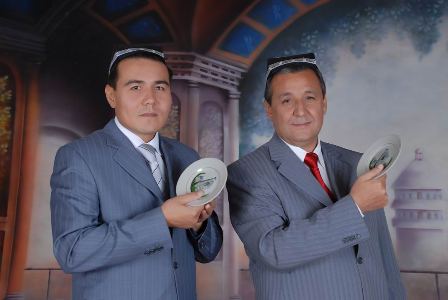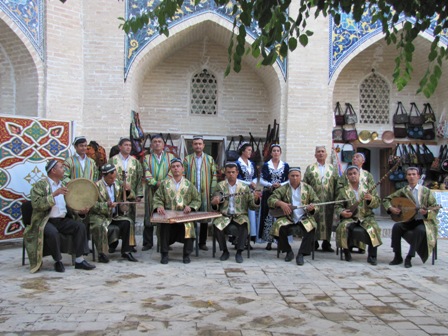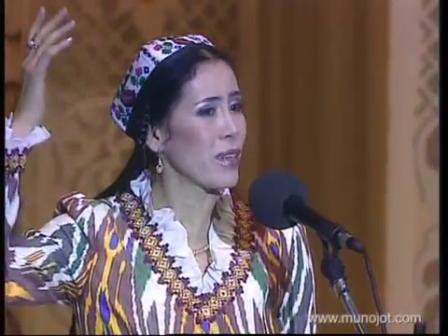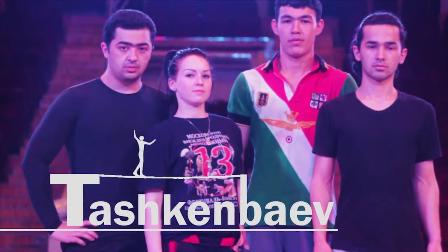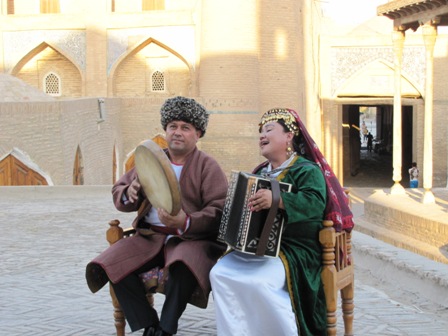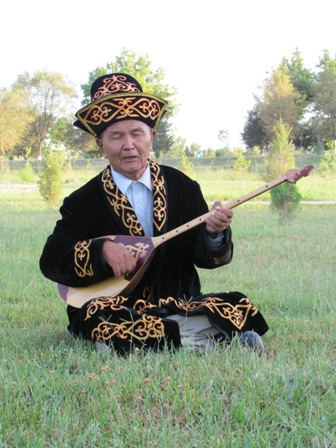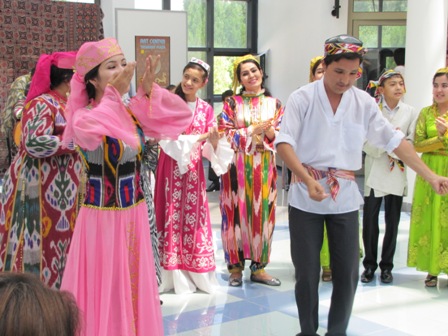Yuz Ochdi (“Face-Opening” Ceremony
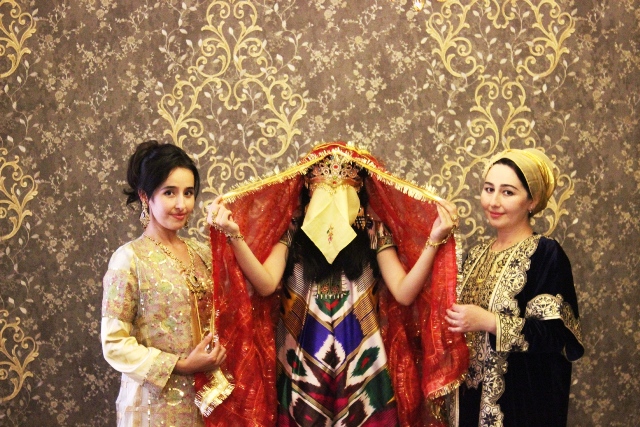
Domain: Social Practices, Rituals and Festive Events
Index Number: 03.01.06
In Uzbekistan, a ceremony, which is carried out at groom's house with participation of close relatives and neighbors after wedding ceremony, is called "yuz ochdi". During the ceremony, the people gathered give their presents to the bride. The ceremony is called differently across Uzbekistan and it bears such names as "Yuz ochdi", "Yuz korsatar", "Bet ochar" or "Rokushon" (in Tajik language the word "ro" means "face" and "kushon" – "to open").
In accordance with "yuz ochdi" ceremony, the bride came to the gathered in the company of matchmakers with a white veil hiding her face. Then, one of the youngest representatives of a family, with a help of a rolling pin or a branch of fertile tree took off that white veil and run away. In the past, after opening of her face, the bride gave handkerchiefs (embroidered by herself) to the children, who were relatives of the groom. Interestingly, for opening bride's face a branch of fertile tree was used. This symbolized a hope that fertility of the tree would be transmitted to her and that she would have many children. In addition, opening bride's face by a small kid reflected a hope that the newly emerging family would have many children in the future.
"Yuz ochdi" ceremony had a special custom called "supra soldi". It is spread almost in all areas of Uzbekistan. In the Ferghana Valley, for example, in front of the gathered a tablecloth is laid on which a cup flour is poured out. Mother-in-law, by taking a handful of this flour, pours it on bride's hand. Then, the bride pours it on the tablecloth. This action is repeated three times. This is done because there is a belief among Uzbeks, that flour is a symbol of purity and bright life. It is for this reason, with wishes of bright life for the newly married couple, with wishes of abundance, the custom of "supra soldi" is practiced. In Shakhrikhan district of Andijan region boiled meat and sweets were laid on the flour, which needed to be put through a sieve by the bride. This represents a hope that the bride would be always provided with livelihoods, and that her tongue would be always "sweet".
According to "Yuz ochdi" ceremony, the entrusted person (vakil ota) and uncle of the bride on mother's side brought ceremonial pilaw together with a kettle to the house of the groom. It is this food, which is offered to the guests arriving to the ceremony. After treatment, with participation of a woman, leading the process of welcoming of guests (dasturkhonchi) as well as women and matchmakers "kelin salom" ("Bride's greeting") ceremony is carried out. It is thanks to this ceremony the bride gets acquainted with the closes relatives of the groom and one-by-one receives presents brought by them for her. Interestingly, in Ellikqala, mother-in-law greets her bride by putting four flat breads and novvot (sugar candy) under bride's armpit. In Karshi, mother-in-law greets her bride by putting four flat breads under the bride's two armpits. In general, bread is considered as a symbol of satiety, of wellbeing among Uzbeks. It is for this reason it is used when the bride is greeted. Also, for conducting this ceremony, special women called "laparchi" are invited, who perform "kelin salom". These women sing songs, in which they mention the names of parents, relatives and significant others of the groom.





